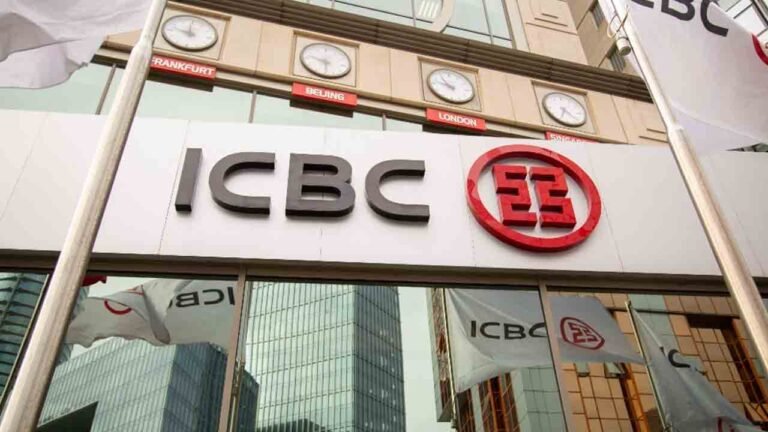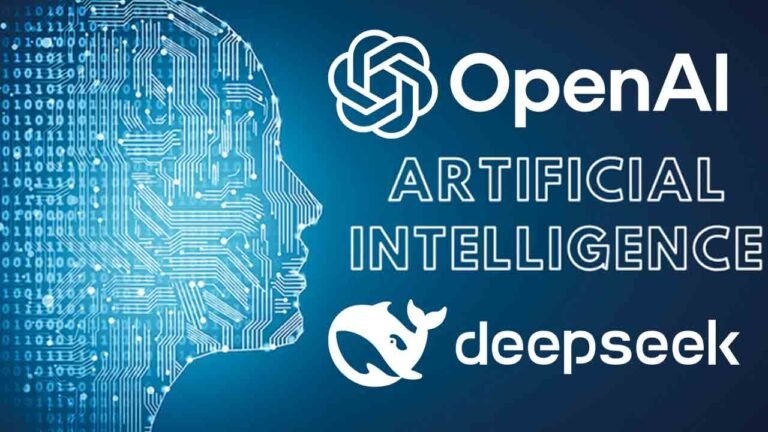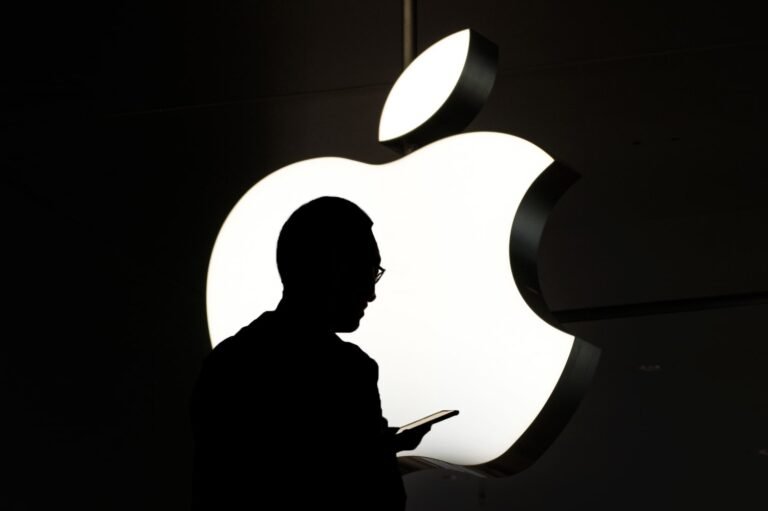
Despite political and financial difficulties, the French startup ecosystem is full of real technological flagships. And some should be widely talked about this year.
Latitude
Starting with the space startup Latitude (formerly Venture Orbital). A launcher specialist, it intends to serve the low-orbit satellite market, a highly demanded sector, destined to experience strong growth in the years to come. Its little Zephyr rocket is a real technological gem, its engine, Navier, being entirely 3D printed.
2025 promises to be a momentous year for the young company founded in 2019. It plans to operate the very first flight of Zéphyr, which would allow it to become the first French startup to achieve such a feat. Latitude aims to put its rocket into service in 2028, with a load capacity of 200 kilograms. Its ultimate goal is to produce 50 each year.
Mistral AI
Generative artificial intelligence (AI) is the trend not to be missed in the tech industry and in France, we are lucky to have one of the most promising young shoots in the sector.
Founded in 2023, Mistral AI is coming out of 2024 on a high. The startup led by Arthur Mensch has achieved a colossal fundraising, the largest of the year in France, allowing it to reach a valuation of $6 billion. It has also established a strategic partnership with industry giant Microsoft, which offers its major language models to its Azure customers.
Given the frenzy surrounding generative AI, it is certain that Mistral AI will play a determining role in the world of French Tech in 2025 with, why not, a new round of financing.
Bioptimus
Bioptimus is less than a year old, but we can already say that its technology has the potential to save many lives. The French startup is establishing itself as a pioneer in the field of AI dedicated to biology. It launched H-optimus-0, the world’s largest open source foundation model for cancer detection. He has demonstrated exceptional abilities in identifying cancer cells, detecting genetic abnormalities in tumors, and subtyping ovarian cancer.
The startup’s approach, which is based on the integration of data at different scales such as molecules, cells, tissues or organisms, as well as on various modalities such as imaging and genetics, distinguishes it from models of existing AI.
Bioptimus now wants to build a model capable of analyzing a patient’s DNA, cells and tissues in order to understand their interconnections. “ We aim to grasp the laws of biology that have until now remained too complex to be properly understood », Explains Jean-Philippe Vert, its executive president.
Verkor
Greentechs, like artificial intelligence players, are establishing themselves as the spearhead of French Tech. Verkor is the perfect example. Founded in 2020, the startup develops high-performance, low-carbon battery cells for electric vehicles and stationary energy storage.
Proof of its immense appeal, the firm raised the astronomical sum of 800 million euros in 2023. And this year should mark a turning point for its activities, with the entry into operation of its first gigafactory. Located in Dunkirk, it will ultimately produce battery cells for around 300,000 electric vehicles per year. The installation will lead to the creation of 1,200 direct jobs and 3,000 indirect jobs.
Poolside
Once again it is generative AI that stands out. Although it is at an early stage, Poolside is already establishing itself as an extremely promising player in the sector. For the moment, the young company has not marketed any products. However, his demonstrations were acclaimed.
Targeting developers, poolside will offer large language models that are more efficient in coding than the main players in generative AI. Their secret: they can be trained on the proprietary data of client companies. This will allow them to understand complex problems more quickly, so they can act more effectively. Its first product should be available in the coming months.
Inocel
Inocel, based in Saint-Égrève in Isère, is the result of a collaboration between adventurer Mike Horn and Maurico Ricci. Deeptech is establishing itself as a key player in the hydrogen fuel cell industry. Its innovative system, INOCEL Z300-S, achieves an impressive efficiency of over 60% and delivers full power in less than two seconds. Designed to address real-world challenges, the technology powers data centers, hospitals and helps reduce port emissions, illustrating their commitment to a sustainable energy transition.
In a few days, Inocel will participate in the Hyvolution Paris exhibition, where its teams will present their stationary solutions and their innovations for land and maritime mobility. For anyone interested in the future of energy technology, Inocel is a compelling name to follow.




